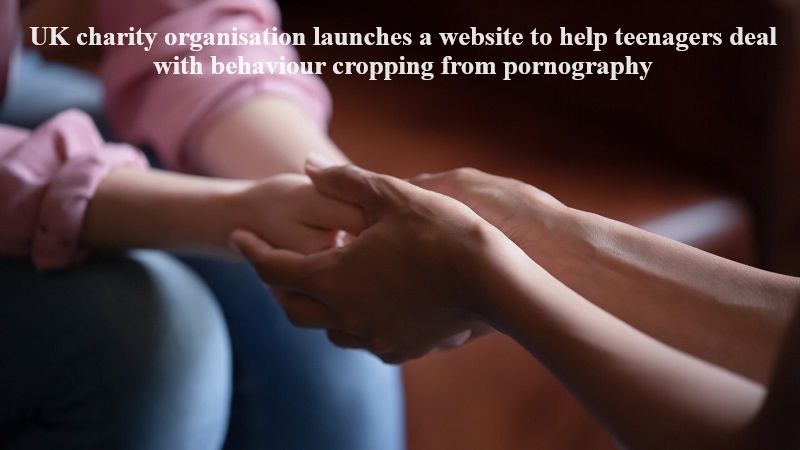
The Lucy Faithfull Foundation, a UK charity dedicated to preventing child sexual abuse, has introduced a new website called “Shore” to assist teenagers in addressing sexual thoughts and behaviors stemming from exposure to pornography, as reported by The Guardian.
This website, the first of its kind in Europe and one of only three globally, provides a chat and email service for teenagers between the ages of 13 and 18 to contact the foundation anonymously. Concerns have been raised by child abuse experts and law enforcement officials regarding the increased access to pornography, which has contributed to a harmful rise in various sexual behaviors among teenagers, ranging from sexting to viewing online child abuse videos.
According to the charity, they have witnessed a 30 percent increase in individuals under 18 reaching out to them for assistance, along with a 26 percent surge in adults contacting them due to concerns about young people’s behavior.
Rachel Haynes, a senior practitioner at the charity, noted that during the COVID-19 lockdown, their “Stop It Now!” helpline, originally designed for adults, received more calls from teenagers. She stated, “As a service, we have seen an increase in under-18s contacting us for support. We particularly began to see it when we launched a chat service for adults during lockdown.” Haynes explained that a significant number of the young individuals they work with have downloaded child sexual abuse material, and the pathways leading them to this material are complex.
Since 2020, nearly two-thirds of the children who contacted the foundation have discussed indecent images of children. Additionally, Haynes revealed that half of the young callers were already known to the police, highlighting the charity’s focus on early intervention. She emphasized that pornography plays a role in desensitizing teenagers to what they see and that some may have been groomed by adults or exposed to illegal images during sexualized online chats.
Rachel Haynes expressed hope that the Shore website will address the current lack of opportunities for discussing online harm and provide a safe space for teenagers to openly talk about their experiences and concerns.

Post Your Comments